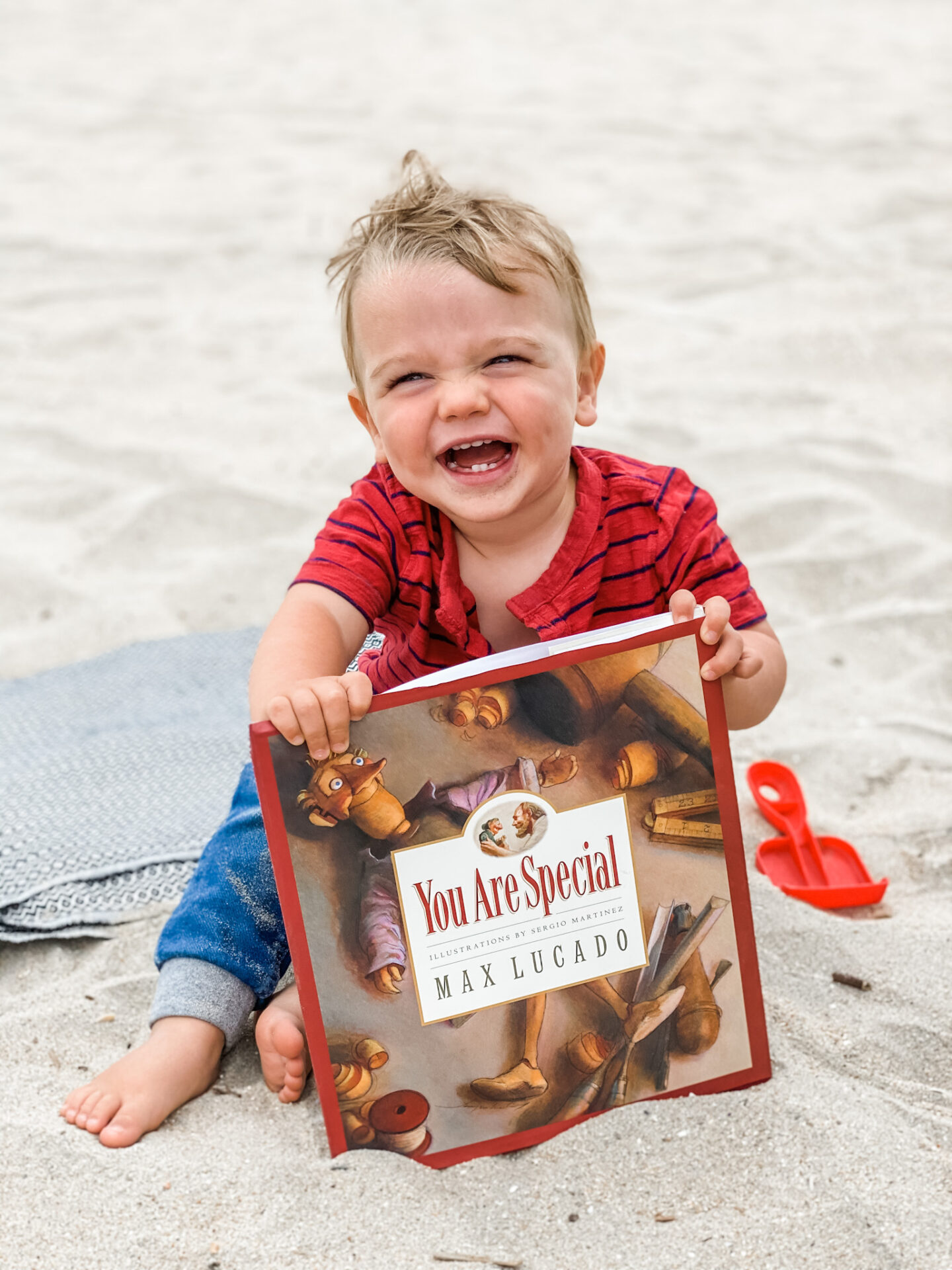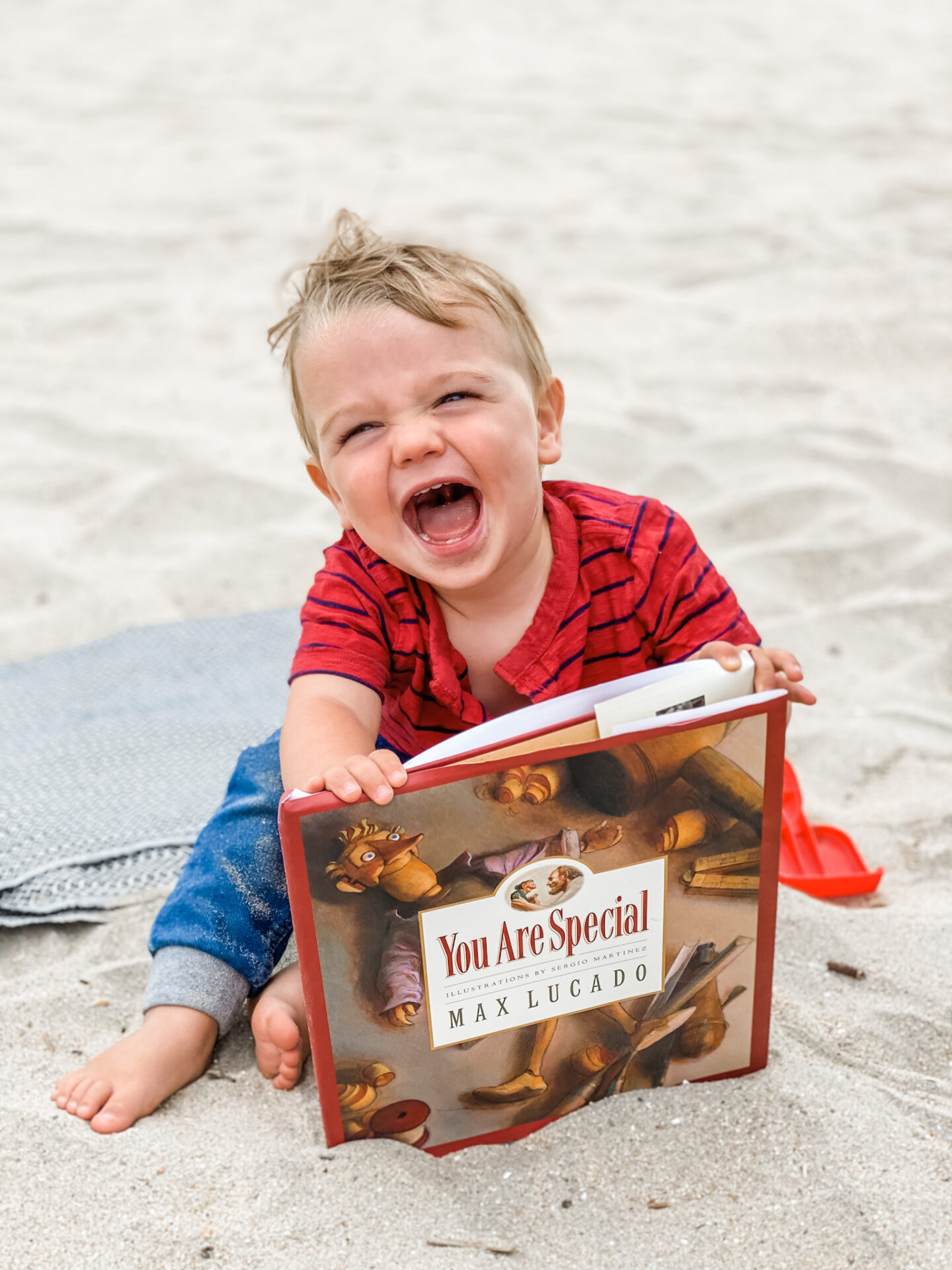I don’t think I will ever forget being picked last for kickball in the fifth grade. I remember exactly where I was standing on the blacktop, and who got picked before me (Becky, also not good at kickball), and how hot my face felt when I realized I was the only one left. I even remember the kid who was forced to accept me onto his team: his name was Alex, and despite his niceness, he still rolled his eyes as I walked over.
I know that most people don’t make it to adulthood without experiencing this kind of childhood humiliation, and that, ultimately, it is good for us (builds grit, and resilience, etc.) But in the moment, it was truly crushing.
In the fifth grade, being good at kickball was everything. The cute boys were good at kickball, and the cool girls were good at kickball, and even the nerdy kid who got picked on for being super into Mancala was good at kickball.
I, however, was not. And we played it every. darn. day.
I would have given my teacher the entirety of my $20 life savings for her to secretly pop all of the kickballs on campus so that I could go at least a week without having to think about it. Alas, this never happened, and we continued to play kickball each recess, and sometimes before school, well into the winter months. (I grew up in Chicago, so unless the field was buried in 5 feet of fresh snow, it was still kickball weather.)
As a kid, my fixation on being bad at kickball seemed totally logical. The other kids valued kickball skills; therefore, those skills must be inherently valuable. And, because I didn’t have those skills, I must be less worthy (not just of being picked for the team, but in general).
This brings me to Max Lucado’s book, You Are Special, which is the best type of children’s book, in that its lessons are applicable to both kids and adults.

You Are Special is about a city of dolls (called “Wemmicks”) who are each a little bit different, but all equally judgmental of one another. When one Wemmick approves of something about another Wemmick, the latter is awarded a star. When a Wemmick disproves of another (because his nose is too big, or his clothes too ugly), a dot is given. Both stars and dots remain stuck on the Wemmick’s bodies as they go about their days, judging and being judged.
Does this sound familiar yet? If you found my blog through Instagram, it should.
In the book, Punchinello (a Wemmick who receives only dots), is feeling pretty crappy about all this judgment he’s getting from his neighbors. As he’s sulking along, he runs into a Wemmick with nothing on her. No spots, no stars. He is shocked and confused and decides to visit the almighty doll-maker (yes, there’s something allegorical happening here), to figure out what the heck is going on. After a brief chat, the doll-maker reminds Punchinello of how special he is, and reveals to him that the stickers are meaningless. In fact, he says, “the stickers only stick if they matter to you.”
When I was in fifth grade, the label “bad at kickball” mattered to me a lot. So did other labels, like “cool,” or “pretty,” or “smart.” I envied my friends who were “good at kickball,” or “outgoing,” or “funny.” My own brother was “smart,” “funny,” “popular,” AND “good at kickball” — in Wemmick land, he would have been covered in stars.
I don’t mean to say that labels aren’t important. I think that they can serve a purpose in helping kids reflect on their actions, or find friends with similar interests. I think that owning labels like “resilient,” or “hard-working,” or “friend” can help kids start creating a positive self concept that will drive them to live purposeful lives as adults. (Which is why we should all remember to tell our kids (and students) that they already are what we want them to be.)
I think that trying to teach kids not to label one another is unproductive. It is, after all, a natural and normal process, and something that kids need to do to understand their place in the world.
However, I think we do need to teach kids to understand that the labels we place on others have more to do with us than they do with them. Mark Manson wrote an interesting article, in which he said that “the yardstick we use for ourselves is the yardstick we use for the world.”

In the Wemmick’s world, the dolls who gave Punchello “dots” were doing so because they saw in him things they had been told to hate in themselves. During my own childhood, the criticism I gave myself for being “bad at kickball” was based more on the importance I placed on kickball than any inherent worth the game, or athleticism in general, held.
At the end of Lucado’s book, Punchinello leaves his maker’s house and smiles as several, but not all, of the dots fall off of his body. I particularly love this detail because it reminds us that growth doesn’t happen all at once, just as releasing the power others’ judgments have over you takes time–at least 32 years, in my case.
Right now, I don’t think my daughter has any idea that people judge her. The ignorance of three is blissful and beautiful. However, as she gets older, and especially when she goes back to school, judgment and shame are unavoidable. The best I can hope to do is teach her to think carefully about the judgments others try to make of her, and help her take control over which ones she lets stick.
The Book! (Click to Buy – or visit my page at bookshop.org)
